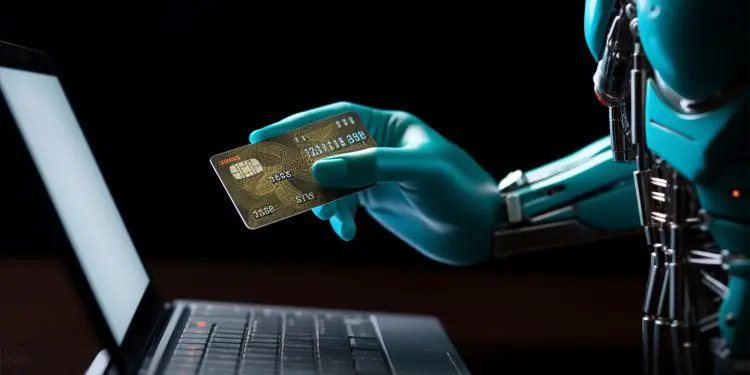
Mastercard is using artificial intelligence to detect compromised credit cards faster and intercept card data before it ends up in the hands of cybercriminals. Generative AI can cross-reference compromised credit card data with geographical clues to pinpoint breached cards so the company can replace them.
Mastercard’s tool can also do the reverse. AI can scour bad card data to identify compromised merchants or payment platforms, and the tech is touted to function more effectively than human-based methods like database inquiries. The credit card giant announced AI will play a substantial role in its latest software rollout.
“It’s no surprise that AI is being leveraged to analyze credit and debit card compromises,” said Kevin Libby, Fraud and Security Analyst at Javelin Strategy & Research. “AI is well-fit to the task and will, no doubt, increase the speed of analyses and allow card issuers to get ahead of criminal activity and block and reissue cards faster, minimizing fraud losses.”
The Dark Web
It’s estimated that billions of credit and debit card numbers are available to cybercriminals on the dark web. Much of that data was obtained through breaches, but a substantial amount was pilfered by card skimmers who record card numbers through devices they secretly install at the point-of-sale or ATMs.
Customers often don’t know their cards have been compromised, and the breach can go undetected for weeks or longer. Criminals may sell the card data on the dark web, causing a delay between the compromise and the moment criminals charge the card. Mastercard hopes AI identifies the compromise before that happens, but the new program could have growing pains.
“A not-so-easily solved problem with proactively blocking payment cards is the risk of overreacting and blocking cards that weren’t exposed during the compromise being assessed,” said Libby. “Since reissuing new payment cards comes at a cost to card issuers, it’s important to fine-tune analyses so the tools correctly identify all compromised cards while minimizing false positives.”
Pros Outweigh the Cons
The news comes on the heels of an announcement that Mastercard and Salesforce will be joining forces to battle fraudulent chargebacks. The effort also leverages AI to identify patterns from massive amounts of credit card data. While there will undoubtedly be some hiccups in both AI implementations, in the long run, the pros will likely outweigh the cons.
“So long as the AI models employed incorporate feedback about which blocked cards are and are not eventually used by a criminal, I’m confident the models can be quickly honed to reduce false positives, block compromised cards sooner, and reduce losses for all parties involved,” Libby said.























